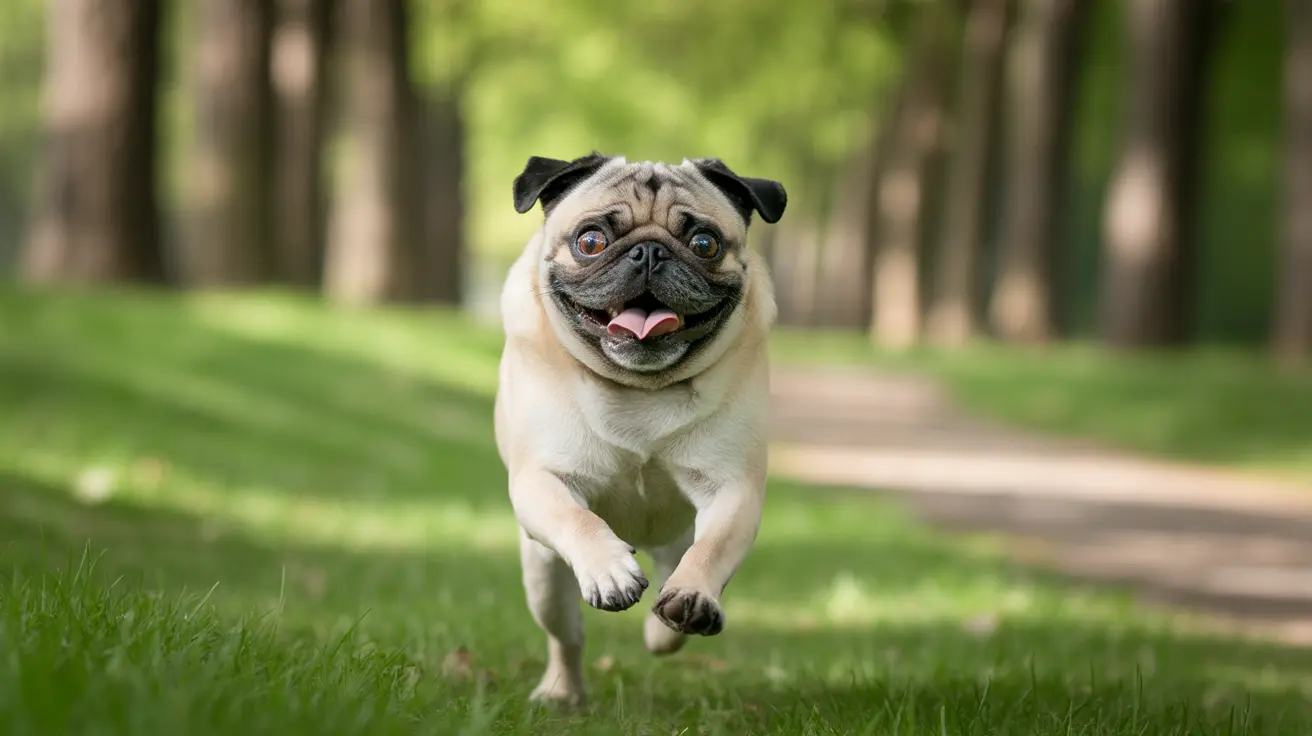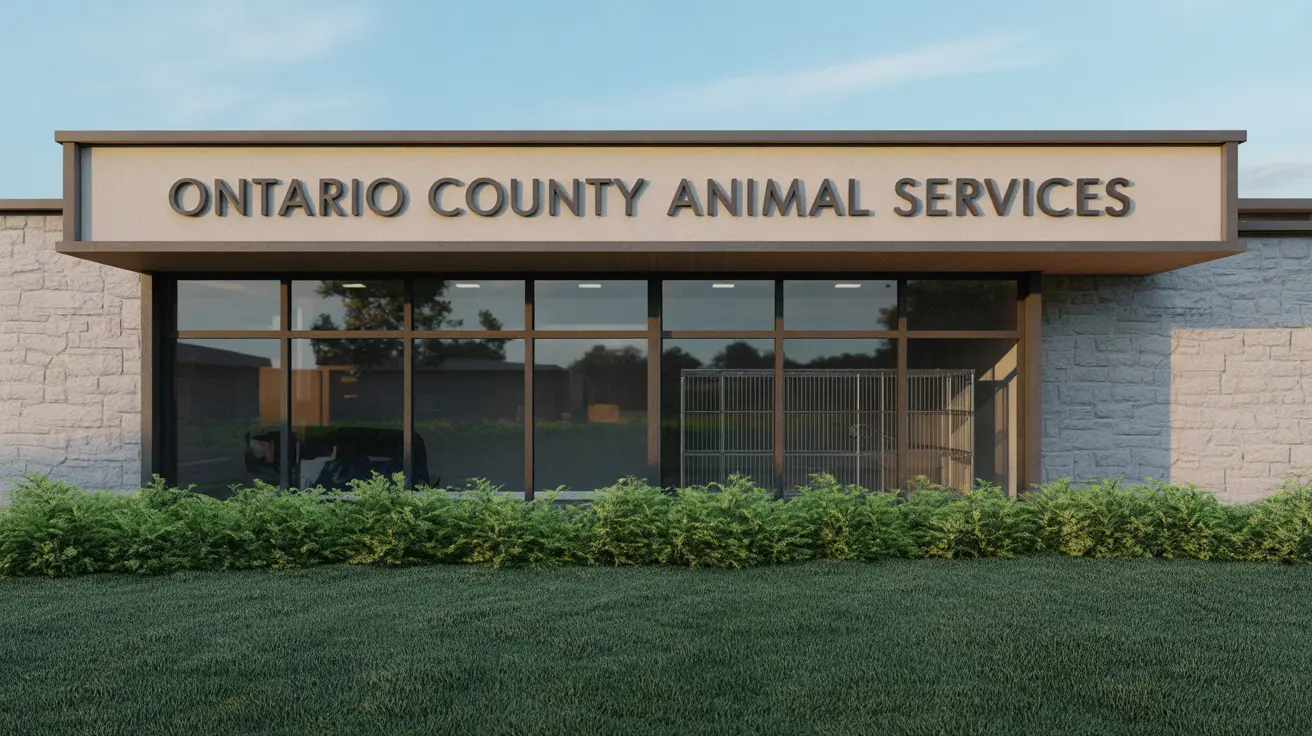Understanding Tap Water Safety for Dogs
As pet owners, we often wonder about the safety of everyday items for our furry friends - including their drinking water. The question "can dogs drink tap water" is more complex than a simple yes or no answer. While tap water is generally safe for dogs in most developed areas, several factors can affect its safety and quality.
Understanding your local water quality and taking appropriate precautions can help ensure your dog stays properly hydrated with safe drinking water. Let's explore everything you need to know about giving tap water to your canine companion.
The Safety of Municipal Tap Water
Most municipal tap water in the United States undergoes rigorous treatment and testing to ensure it's safe for human consumption. This same water is typically safe for dogs as well. However, the quality can vary significantly depending on your location, local infrastructure, and water treatment methods.
Water treatment facilities regularly test for harmful contaminants and publish annual water quality reports that you can review. These reports can help you make informed decisions about whether to give your dog tap water or explore alternatives.
Common Tap Water Concerns for Dogs
Water Treatment Chemicals
Municipal water systems commonly use chlorine and other disinfectants to eliminate harmful bacteria. While these chemicals are generally safe in regulated amounts, some dogs may be sensitive to them, potentially experiencing:
- Digestive upset
- Skin irritation
- Changes in water taste that may discourage drinking
Infrastructure Issues
Older homes with aging plumbing systems may introduce additional concerns:
- Lead from old pipes
- Rust and mineral buildup
- Bacteria growth in pipes
Alternatives to Tap Water
Filtered Water Options
If you're concerned about tap water quality, consider using a water filter. Popular options include:
- Carbon filters (pitcher or faucet-mounted)
- Reverse osmosis systems
- Whole-house filtration systems
Bottled Water Considerations
While bottled water is an option, it's not necessarily better than properly filtered tap water. Consider the environmental impact and cost before switching exclusively to bottled water for your pet.
Best Practices for Dog Hydration
Regardless of your water source, follow these guidelines to ensure safe hydration:
- Clean water bowls daily to prevent bacteria growth
- Provide fresh water at least twice daily
- Monitor your dog's water intake
- Watch for changes in drinking habits
Frequently Asked Questions
Can dogs safely drink tap water from any location, or does it depend on local water quality?
The safety of tap water for dogs depends heavily on local water quality. While most municipal water systems in developed areas provide safe drinking water, quality can vary by region. It's best to check your local water quality reports and consult with your veterinarian if you have specific concerns.
What contaminants in tap water should pet owners be concerned about when giving water to their dogs?
Key contaminants to watch for include chlorine, lead, fluoride, bacteria, and parasites. High mineral content (hard water) may also be a concern for some dogs, particularly those prone to urinary issues.
Is filtered or bottled water better than tap water for my dog's health?
Filtered water can provide an extra layer of protection by removing potential contaminants, but properly treated tap water is usually perfectly safe. Bottled water isn't necessarily better than tap water and may be less regulated in some cases.
How can I tell if my dog is having a negative reaction to tap water?
Watch for symptoms such as increased thirst, digestive issues, skin problems, or changes in urination patterns. If you notice any concerning changes, consult your veterinarian and consider testing your water quality.
What are the best practices to ensure my dog's drinking water is clean and safe?
Clean water bowls regularly, provide fresh water daily, consider using a filter if you have concerns about tap water quality, and monitor your dog's drinking habits. Regular water quality testing can also help ensure safety.
Conclusion
While tap water is generally safe for dogs in most areas, being informed about your local water quality and taking appropriate precautions can help ensure your pet's health and safety. When in doubt, consult with your veterinarian and consider using a quality water filter to provide the safest possible drinking water for your furry friend.






